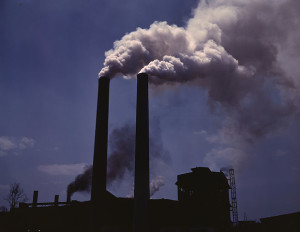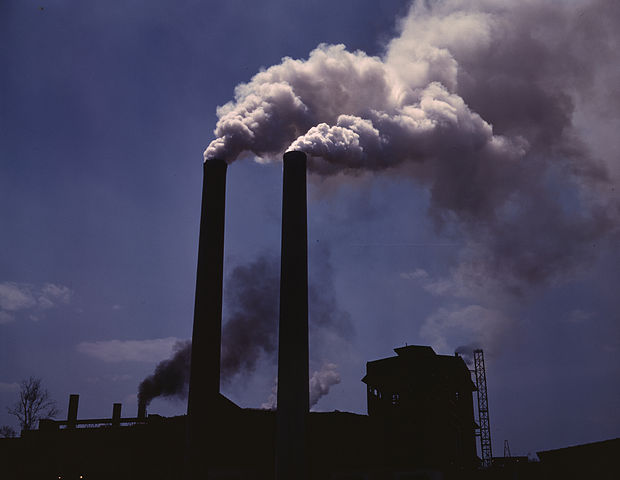 The Southeast Asian region is likely to sustain larger economic losses from climate change than most other areas in the world, and stands to lose more than earlier estimated if it does not act to reverse environmental degradation, according to a new Asian Development Bank (ADB) study.
The Southeast Asian region is likely to sustain larger economic losses from climate change than most other areas in the world, and stands to lose more than earlier estimated if it does not act to reverse environmental degradation, according to a new Asian Development Bank (ADB) study.
The region is vulnerable if no action is taken to address climate change, and may lose up to 11% of gross domestic product (GDP) by 2100, which is 60% higher than ADB’s prior assessment, said the report.
The analysis entitled “Southeast Asia and the Economics of Global Climate Stabilization” is an update to a 2009 ADB report that estimated a 7% annual reduction in economic output due to climate change.
The report focused on the region’s five largest economies, Indonesia, Malaysia, the Philippines, Thailand, and Vietnam, which account for 90% of the region’s emissions.
“The economic costs of not reining in greenhouse gas (GHG) emissions are more serious than we previously estimated,” said ADB chief economist Shang-Jin Wei.
The losses come from the collective effect of climate change impacts on agriculture, tourism, energy demand, labor productivity, catastrophic risks, health, and ecosystems.
At the same time, Shang-Jin said the new study shows that reducing emissions and stabilizing the climate will “produce benefits and avoid losses for Southeast Asia.”
“Ambitious climate stabilization has substantial initial costs, but leads to large co-benefits and even larger benefits from avoided climate damage,” said the report.
Direct benefits from acting to stabilize the climate include improved crop yields, as well as the effects of improved air quality and better transportation that come from reducing emissions. Those steps are also found to cost less than what the region has already been spending on energy policies, such as fossil fuel subsidies.
Reducing emissions should include efforts to sharply cut the rate of deforestation, since deforestation accounts for the majority of Southeast Asia’s current emissions.
Avoiding deforestation can account for more than half of regional mitigation through the mid-2030s, and is the least costly way to reduce emissions, said the report.
Meanwhile, enhancing energy efficiency with technologies that improve and reduce power use can provide the largest source of potential emissions reductions through 2050.
In addition, advanced energy technologies, such as carbon capture and storage and advanced biofuels, are critical to long-term decarbonization costs.
The study noted that if existing energy use, which includes fast-growing use of coal and oil, is not changed, GHG emissions are likely to be 60% higher in 2050 than in 2010.





